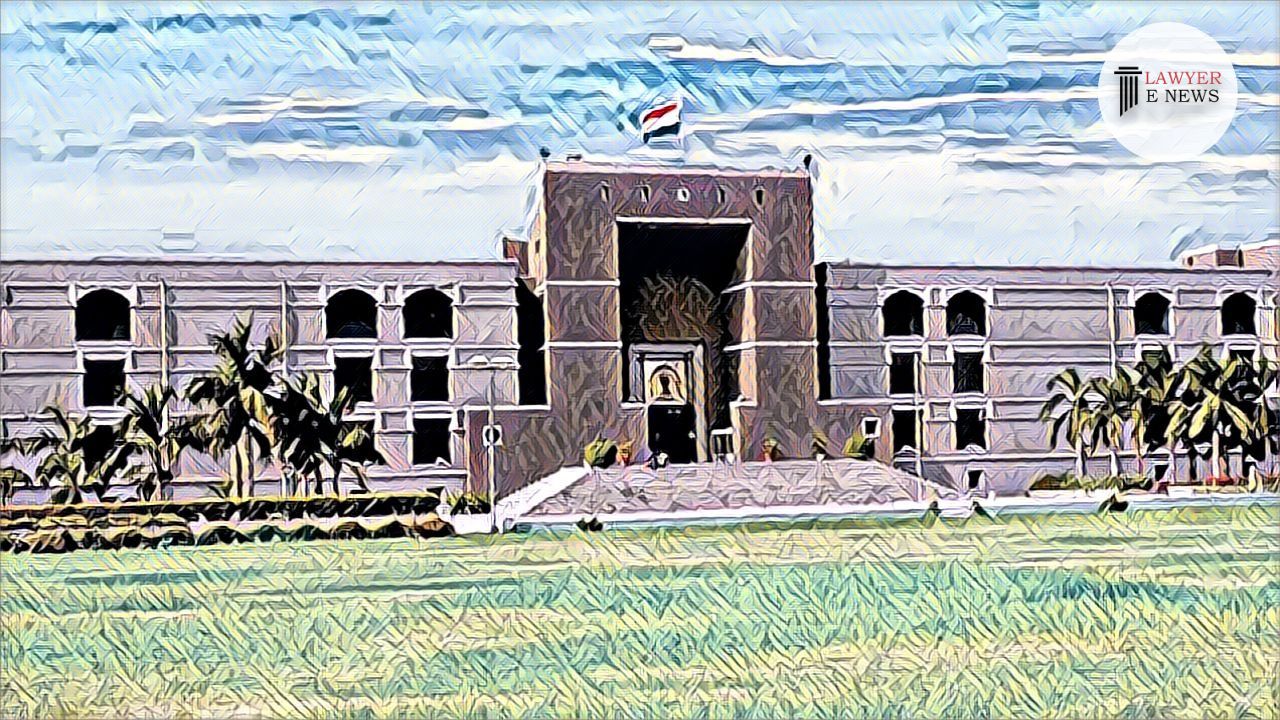-
by sayum
14 February 2026 2:22 PM



Court affirms dismissal in a decades-old case, emphasizing the importance of trust and integrity in financial institutions.
The Gujarat High Court has upheld the discharge of a bank employee involved in a misappropriation case dating back to 1986. The bench, comprising Chief Justice Mrs. Justice Sunita Agarwal and Justice Aniruddha P. Mayee, dismissed the appeals by the delinquent employee while allowing the bank's appeals, reinforcing the gravity of integrity within the banking sector.
The case pertains to Rashmikant Girdharlal Dave, a Head Cashier at the State Bank of Saurashtra's Agricultural Development Branch in Amreli. In November 1986, a misappropriation of ₹35,000 was detected during a cash verification. Dave was subsequently suspended, and after a departmental inquiry, he was discharged from service in August 1991. Despite multiple legal battles over the years, the final judgment came on May 17, 2024.
The court emphasized the critical nature of integrity and trust in the banking profession. Justice Aniruddha P. Mayee noted, “The act on the part of the delinquent employee was dishonesty. When a person is found guilty of misappropriating public money, especially a bank employee, it is natural that the bank would lose confidence or faith in such a person.”
The court supported the disciplinary authority’s decision, stressing that the punishment of discharge was appropriate given the misconduct. “No indulgence should be granted to a bank employee where charges of misconduct like cheating, fraud, and misappropriation of public money have been proved,” the bench stated.
The court discussed Section 11A of the Industrial Disputes Act, 1947, which allows tribunals to re-appreciate evidence and modify punishment if deemed disproportionate. However, it was concluded that the Tribunal had overstepped by substituting the discharge penalty with a lesser punishment, considering the proven misappropriation.
Citing previous judgments, the court reiterated that once misconduct involving financial irregularity is proven, especially in the banking sector, strict penalties are justified. The bench highlighted that leniency in such cases could undermine public trust in financial institutions.
Justice Aniruddha P. Mayee remarked, “The temporary misappropriation of ₹35,000 has been proved against the delinquent employee. The punishment imposed by the disciplinary authority is based on loss of confidence, a primary factor to be taken into account.”
The Gujarat High Court’s judgment underscores the judiciary’s commitment to maintaining integrity within the banking sector. By upholding the discharge, the court sends a clear message about the seriousness of financial misconduct. This landmark decision is expected to reinforce the legal framework ensuring strict adherence to ethical standards in financial institutions.
Date of Decision: May 17, 2024
Rashmikant Girdharlal Dave vs. Chairman, State Bank of India & Ors.
